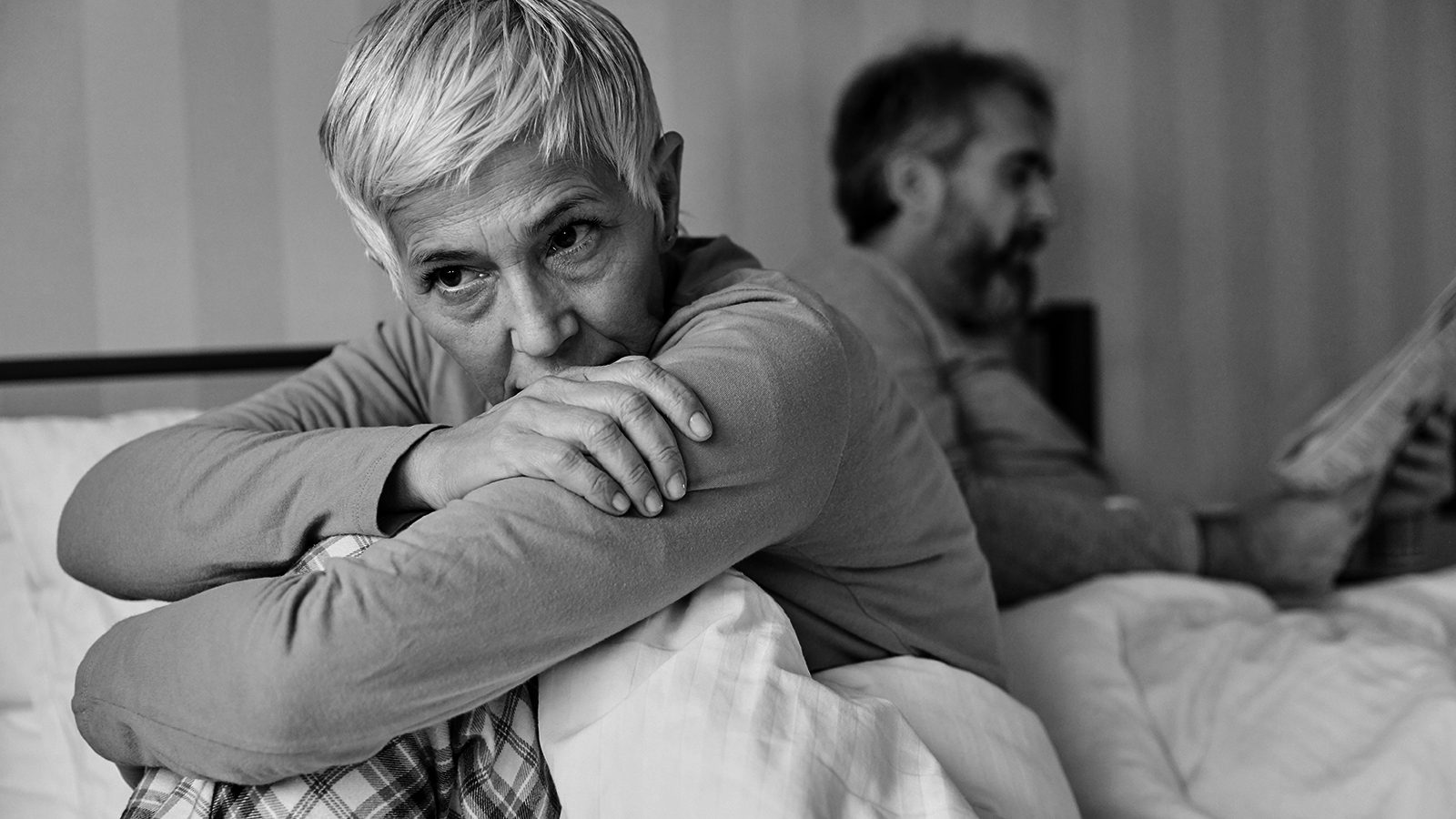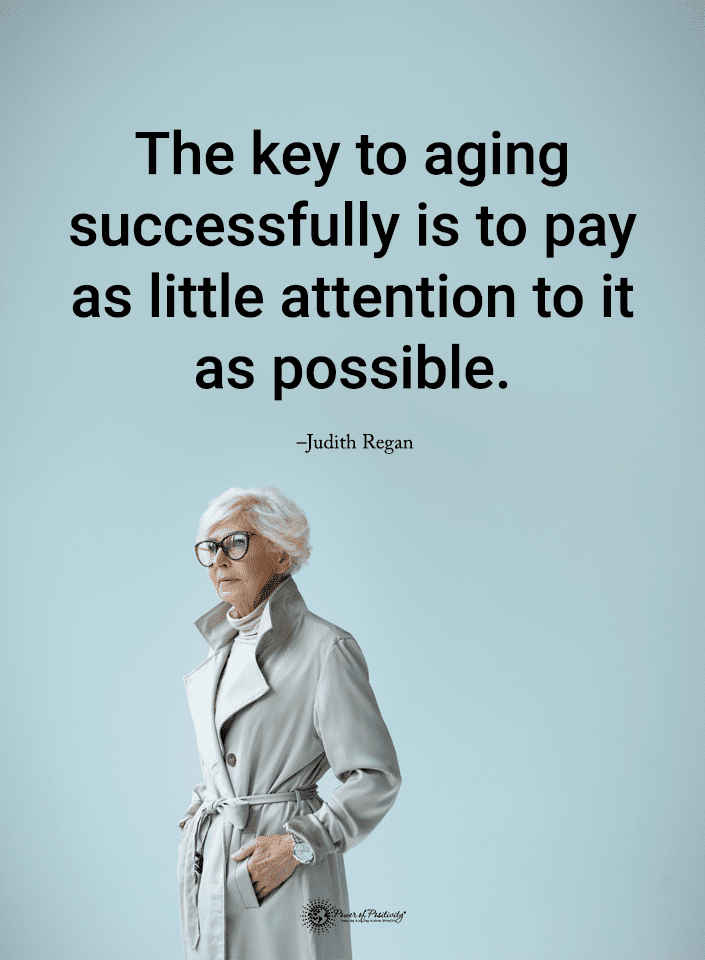Here are some primary causes of “grey divorce.”
Think of a marriage as a game of tug of war. You’re on one end, and your partner is on the other. Sometimes, you win, pulling with all your might. Other times, you rest on the back foot, trying to regain your balance. But what happens when the rope, worn from years of tugging and tension, begins to fray and eventually snaps? Lately, more and more older adults are facing that breaking point – getting divorced more now than ever before.
Are you curious about why these older adults are getting divorced? Let’s unravel seven common reasons behind this trend.
1 – They Get Divorced Due to Rising Life Expectancy
It’s a fact, Humans live longer today than in any other historical period. Advancements in medicine, nutrition, and technology have given us more time to explore the chapters of our lives. But this extended life expectancy brings a spectrum of emotions and opportunities.
The NIH shows that life expectancy in America rose from 70.8 in 1970 to 77.0 in 2020.
For many older couples, the realization of potentially living into their 80s or 90s can be an eye-opener. Suddenly, the golden years are not just a brief moment of relaxation. Instead, they see it as decades of life waiting to live. This extended horizon can inspire introspection and a reassessment of one’s current life choices.
Sometimes, the epiphany strikes. “I have more life ahead; do I want to spend it in my current situation?”
This newfound perspective can be the catalyst for seeking new adventures, pursuing forgotten dreams, or, yes, even ending relationships that no longer align with one’s vision for the future. In this way, living longer doesn’t just mean more years but potentially fresh starts, even in the twilight of one’s life.
2 – Retirement Realities and More Free Time
The idea of retirement often conjures images of endless vacations, pursuing hobbies, and enjoying the hard-earned freedom from the daily grind. While that’s true for many, retirement also means spending significantly more time with one’s spouse – for better or worse.
Unlike the earlier years filled with work, raising children, and managing a bustling household, retirement often brings quietness. It also means a lot of one-on-one time. For some couples, this newfound time together is a blessing, an opportunity to reconnect and deepen their bond. They travel, engage in joint activities, and truly savor each other’s company.
However, for others, this shift can shine a spotlight on the cracks in their relationship. They may discover that without the distractions of work and kids, they have little in common. Conversations might become repetitive, and the silence louder. Differences, once brushed aside due to lack of time, become glaringly evident.
It’s like pulling a favorite book from a shelf and, upon rereading, realizing it no longer resonates. Similarly, some couples find that the relationship narrative they’d written for themselves no longer fits. The reality of retirement, with its abundance of shared time, can be a double-edged sword, leading some to rediscover love and others to seek paths apart.
3 – They Get Divorced Because of Financial Friction
There’s an old saying. “Money can’t buy happiness.”
But while cold, hard cash might not buy joy directly, financial stability, understanding, and trust can undoubtedly influence the happiness of partners in a relationship. Money, or the lack thereof, often plays a pivotal role in the dynamics between couples.
As couples age and approach retirement, their financial decisions take on new weight. They must navigate questions like: How will we spend our retirement savings? Will we travel? Should we downsize? Such questions can expose differences in spending habits and visions for the future.
Moreover, hidden debts, disparate retirement plans, or even financial secrets kept over the years can emerge, causing rifts and distrust. If one partner is a saver and the other a spender, these differences can amplify over time. That’s especially true when the regular job income is no longer in the picture. For some, these financial strains become insurmountable, eroding the foundation of the relationship and leading to the painful decision of divorce.
4 – Older Adults Get Divorced After the Kids Leave the Nest
For many couples, raising children becomes the central narrative of their relationship. Soccer games, school plays, parent-teacher meetings – the shared responsibilities and joys of parenting can be all-consuming. In many ways, children become the glue that binds the relationship, with conversations, activities, and decisions revolving around them.
But what happens when the last bird flies the nest?
An empty house can echo with both memories and silences. For some, it’s a period of reconnection, a chance to rediscover each other without the constant hum of parenting duties. They embark on postponed trips, indulge in activities they’d set aside, and find new shared interests.
However, for others, the silence speaks volumes. It reveals that, somewhere along the way, their relationship had morphed from one of romantic partners to co-parents. Without the buffer of children and their needs, underlying issues, long buried under parenting duties, can resurface. The roles that once defined them no longer exist, and they find themselves at a crossroads, unsure of how to relate to each other. For some couples, this realization might lead to pursuing individual paths. Thus, it may culminate in the decision to divorce.

5 – They Get Divorced Due to Their Evolving Souls
Aging isn’t just about the physical journey. Instead, it’s equally about the evolution of the soul and mind. Every year means that experiences accumulate, wisdom grows, and perspectives change. This continuous journey of self-reflection and evolution is as natural as the setting sun.
As individuals navigate through the various chapters of life, priorities shift. Dreams, once forgotten, might resurface. Thus, passions one subdued may reignite, and visions for the future can evolve. This personal growth, while undoubtedly enriching, can sometimes lead to changes in the very structure of a relationship.
Imagine two trees planted side by side. For years, they might grow harmoniously, their branches intertwined. But as they mature, one might lean towards the sun while the other seeks the shade. Similarly, as people grow and evolve, their paths, once parallel, start to diverge.
This realization doesn’t diminish the love or memories shared. Rather, it’s simply an acknowledgment that their journeys take different routes. Sometimes, this means making the tough choice to walk these paths separately.
6 – Changing Social Stigma and a More Understanding World
Once upon a time, the word “divorce” was whispered. Indeed, it’s mere mention enough to draw judgmental glances and hushed conversations. But, like many things, society’s perspective on divorce has transformed over the years.
The world today is more open, understanding, and accepting. The narrative has shifted from one of judgment to one of empathy and support. People today accept that everyone has the right to seek happiness and that sometimes, this might mean parting ways with a partner. The decision to get divorced is no longer a sign of failure. Instead, it is a courageous step towards personal well-being.
This changing social landscape has provided a safety net of acceptance for older adults. No longer bound by societal pressures or fears of judgment, they can make choices that prioritize their happiness and well-being. The world’s growing understanding and acceptance make it easier for them to listen to their hearts and decide on their futures.
7 – Divorced Older Couples May Have Intimacy Issues
Intimacy. It is the invisible thread that binds couples, a delicate dance of emotional and physical connection. But, like many dances, the rhythm and steps can change over time. As people age, the nature of intimacy, both emotional and physical, can transform.
Physiological changes, health issues, or even evolving emotional needs can alter a couple’s intimacy landscape. For some, these changes bring them closer, forging deeper bonds and understanding. They find new ways to connect, communicate, and express their affection.
However, for others, these shifts can create distance. When one partner’s intimacy needs or expressions change while the other’s remain the same, it can lead to feelings of disconnect. Misunderstandings might arise, feelings of neglect or frustration can simmer, and over time, these feelings can escalate into significant issues.
Being on different pages when it comes to intimacy needs is like trying to dance in sync to two different songs. The harmony erodes, and tensions rise. For some couples, navigating these changing tides of connection can be challenging, leading them to contemplate if they might be happier charting separate courses.
Final Thoughts on Divorced Older Adults
Life is like that game of tug of war mentioned earlier. We pull and tug, experiencing wins and losses, striving for balance and harmony in our relationships. Just like the thick, sturdy rope in this game, the bond of marriage can endure the pulls and pressures of life. But over time, even the most robust ropes can show signs of wear and tear. They can fray at the edges, weakening in the middle. But sometimes, they might snap altogether.
As older adults navigate their relationships, it’s essential to recognize that every frayed strand on that rope tells a story. It might speak of personal growth, the challenges of second marriages, the pursuit of happiness, or any of the myriad reasons we explored. And sometimes, when the rope breaks, it’s not a sign of giving up but an acknowledgment that it might be time for a new game or a fresh start.
Understanding the reasons behind the rising trend of divorced older adults offers more than just statistics and data. It provides:
- A glimpse into the evolving landscape of human relationships.
- The resilience of the heart.
- The timeless pursuit of happiness.
It also reminds us that whether we’re holding tight to our rope or seeking a new one, the game of life and love continues. Divorced older adults are onto something – life changes constantly and is always full of possibilities.






















